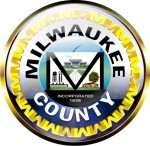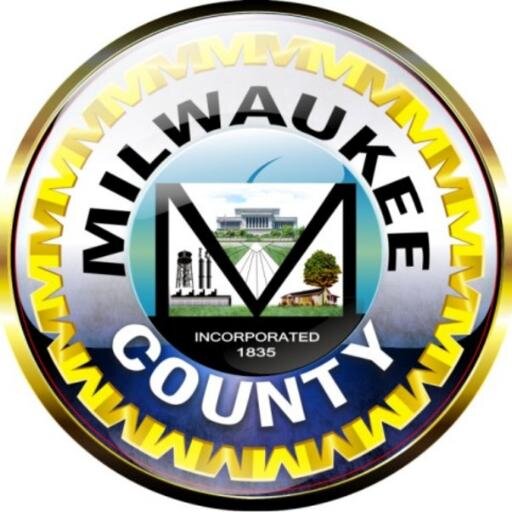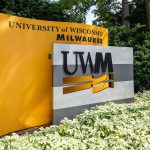County Board Approves Agreement Won in Court Action Brought by MICAH and BHCW to Fund New Transit Route
Supervisor Jursik: "This is a hell of a way to fund transit"
Thanks to Milwaukee Inner-city Congregations Allied for Hope (MICAH) and the Black Health Coalition of Wisconsin (BHCW), Milwaukee County has a new funding source of $11.5 million over the next four years for bus routes to transport workers in Milwaukee County to the Menomonee Falls Industrial Park, a work center previously unserved by the Milwaukee County Transit System.
The Milwaukee County Board unanimously approved the new agreement for $2.875 million of funding this year with three additional years of funding.
“This is a hell of a way to fund transit,” said Patricia Jursik, Chairperson of the Economic and Community Development Committee. “Providing a transportation infrastructure should be a primary concern of state and local government. With the county’s hands tied, we are now letting community partners fight for equity in the courts. Funding sources for all of our transportation needs must be addressed lest Wisconsin fall even further behind.”
On the same day the Board action took place, the Southeastern Wisconsin Regional Planning Commission (SEWRPC) conducted a public hearing for transit funding over the next four years. The update provides a bleak picture for carrying out the vision of the 2035 Transportation Plan, which is a blueprint of transportation needs in Southeastern Wisconsin. While the vision plan recommended a near doubling of the transit system in vehicle miles since 2006, there was actually a seven percent decrease in fixed route bus service, according to the SEWRPC figures.
Part of the problem with the lagging progress resulted from “significantly constrained transportation funding,” according to SEWRPC’s May, 2014 newsletter. The indexing of the fuel tax ended, resulting in the constrained funding. While Governor Scott Walker‘s own task force headed by Transportation Secretary Mark Gottlieb concluded that insufficient funding will constrain not only transit but also road repairs, our legislative leaders have not made any progress on identifying needed funding. In Milwaukee County, a board referendum identified dedicated funding by using the sales tax to fund transit. This too has not been implemented.
“Funding infrastructure for roads and bridge repair and transit are the first items on almost any agenda for economic development and employment,” Jursik said. “Now we are left with lawsuits as our only viable source of addressing these financial shortfalls.”
NOTE: This press release was submitted to Urban Milwaukee and was not written by an Urban Milwaukee writer. While it is believed to be reliable, Urban Milwaukee does not guarantee its accuracy or completeness.
Mentioned in This Press Release
Recent Press Releases by Milwaukee County Board of Supervisors
Milwaukee County Board Finance Committee Votes to Restore Transit Funding and Strengthen Transit Priorities
Oct 31st, 2025 by Milwaukee County Board of SupervisorsThe Transit Resolution and Budget Amendment Move to the Full Board for Adoption on Nov. 6
Supervisors O’Connor, Gómez-Tom, Bielinski, and Martinez – County Residents Should Not Be Asked to Pay More, Get Less
Sep 30th, 2025 by Milwaukee County Board of SupervisorsRecommended Budget needs some work. Supervisors call for public input on non-negotiables in the 2026 Budget.























